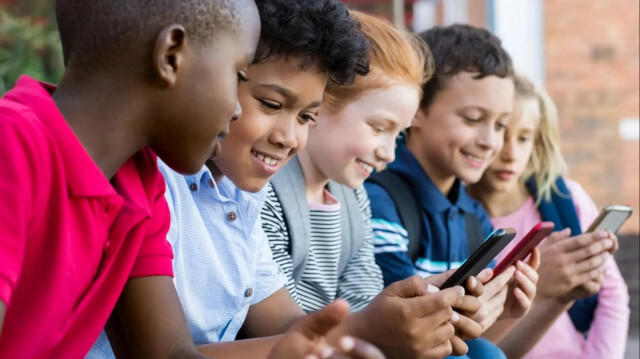Australia to Implement Social Media Ban for Under-16s

Australia’s government has announced plans to introduce “world-leading” legislation to ban children under the age of 16 from accessing social media platforms. Prime Minister Anthony Albanese said the proposed laws, set to be introduced in parliament next week, aim to address the negative impact social media is having on Australian youth.
“This is for the mums and dads… They, like me, are deeply concerned about the safety of our children online. I want Australian families to know that the government has your back,” Albanese said.
While specific details are still under discussion, the government clarified that the ban would not affect children who are already using social media. There will be no exemptions based on parental consent. The onus will be on social media platforms to demonstrate they are taking reasonable steps to prevent access by users under 16.
Albanese further emphasized that there would be no penalties for individual users. Instead, Australia’s eSafety Commissioner – the country’s online regulator – will be responsible for enforcing the new laws. Once passed, the legislation would take effect 12 months later and be subject to review after its implementation.
While many experts agree that excessive social media use can negatively affect the mental health of young people, opinions are divided on the effectiveness of an outright ban. Critics argue that such measures only delay children’s exposure to platforms like TikTok, Instagram, and Facebook, instead of equipping them with the tools to safely navigate online spaces.
Previous attempts at limiting access to social media, such as those by the European Union, have faced challenges and resistance from tech companies. Concerns remain about how effective the ban would be, given the availability of tools that bypass age-verification measures.
Child rights groups have also raised concerns, with some calling the proposed ban a “too blunt an instrument.” In an open letter sent to the government in October, over 100 academics and 20 civil society organizations, part of the Australian Child Rights Taskforce, urged the government to focus on implementing “safety standards” for social media platforms, rather than a blanket ban. They also referenced UN recommendations, which stress that policies regulating online spaces should focus on ensuring children can benefit from digital environments while remaining safe.
However, other advocacy groups are strongly in favor of the proposed ban, arguing it is necessary to protect children from harmful content, misinformation, bullying, and the mental health pressures associated with social media. A petition from the 36Months initiative, which has gained over 125,000 signatures, argues that children under 16 are “not yet ready to navigate online social networks safely” and that excessive social media use is contributing to a mental health crisis among young people.
When questioned about whether broader efforts to educate children on digital literacy would be more effective, Albanese dismissed the idea as insufficient. He pointed out that such an approach “assumes an equal power relationship” between children and tech companies. “I don’t know about you, but I get things popping up on my system that I don’t want to see. Let alone a vulnerable 14-year-old,” he said. “These tech companies are incredibly powerful, and their algorithms are designed to drive people towards certain behaviours.”
The debate continues as the government moves forward with its proposed legislation, with advocates and critics alike awaiting further discussions.
